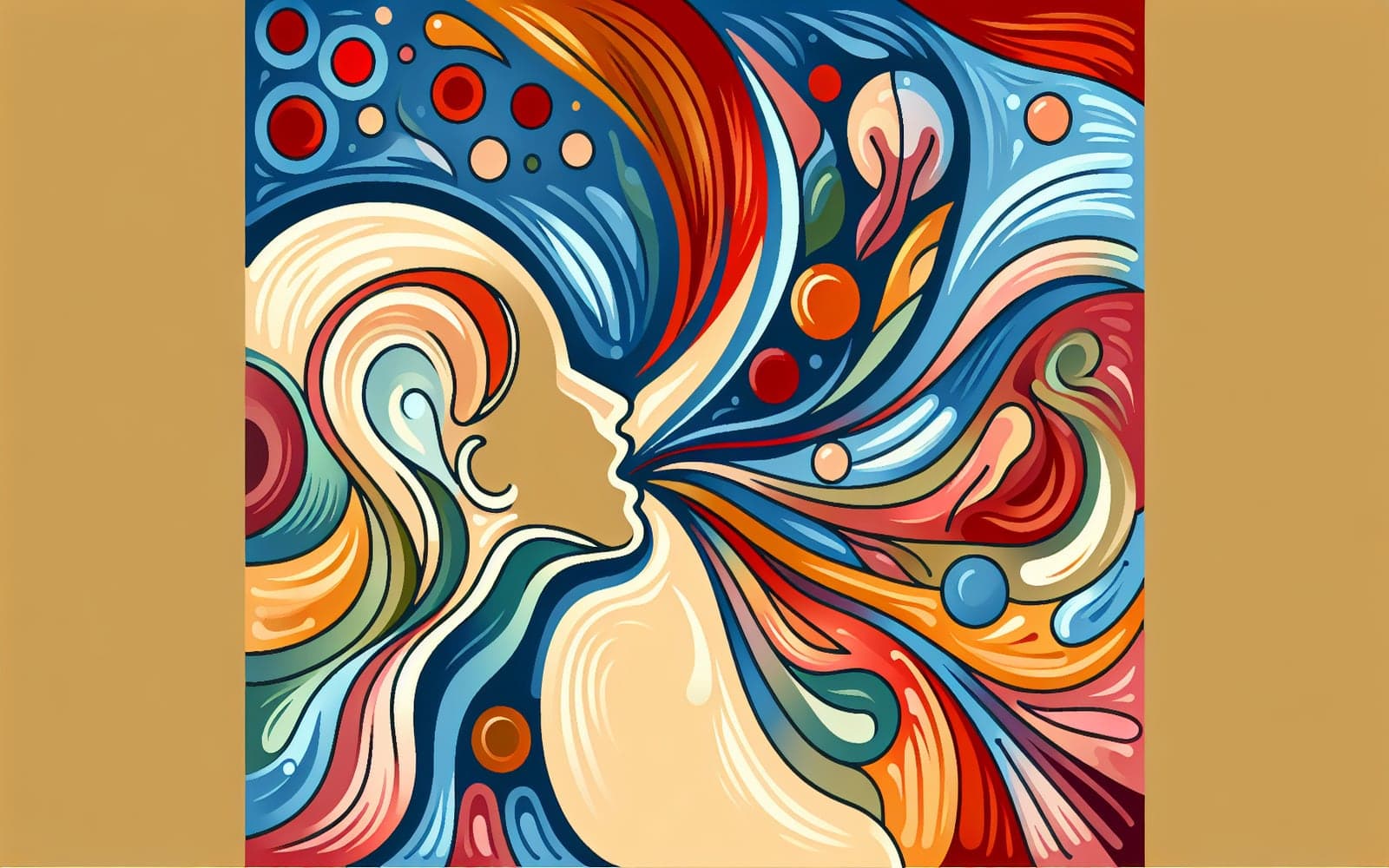Dysphagia: When Swallowing Becomes a Struggle
Published: Jan 13, 2024
Dysphagia, or difficulty swallowing, is a common but concerning symptom that can significantly impact quality of life. Understanding its causes and proper evaluation is crucial for effective management.
Contents
Types of Dysphagia
There are two main types of dysphagia: oropharyngeal and esophageal. Oropharyngeal dysphagia involves difficulty initiating a swallow, often accompanied by coughing or choking. Esophageal dysphagia occurs when food seems to get stuck in the throat or chest after swallowing has begun.
Common Causes
Esophageal dysphagia can be caused by various conditions. These include structural problems like strictures or rings, motility disorders like achalasia, or inflammatory conditions like eosinophilic esophagitis. In some cases, dysphagia may be a sign of esophageal cancer, especially if accompanied by rapid weight loss.

Red Flags and When to Seek Help
While occasional difficulty swallowing may not be cause for alarm, certain symptoms warrant immediate medical attention. These include inability to swallow, pain while swallowing, regurgitation of food, or unexplained weight loss. Persistent dysphagia, even if mild, should always be evaluated by a healthcare professional.
Diagnostic Approach
Diagnosing the cause of dysphagia typically involves a combination of tests. These may include a barium swallow study, upper endoscopy, or esophageal manometry. The specific tests ordered will depend on the patient's symptoms and medical history.
Frequently Asked Questions
No, significant swallowing difficulties are not a normal part of aging.
While stress doesn't directly cause dysphagia, it can exacerbate symptoms in some cases.
Treatment depends on the underlying cause and may include medications, dietary changes, or procedures.
Many cases can be effectively managed or cured with proper diagnosis and treatment.
No, but persistent dysphagia should always be evaluated to rule out serious conditions.
The Bottom Line
Dysphagia is a symptom that should never be ignored, as early diagnosis and treatment can significantly improve outcomes and quality of life.
References
- Spechler SJ. American gastroenterological association medical position statement on treatment of patients with dysphagia caused by benign disorders of the distal esophagus. Gastroenterology 1999; 117:229.
- ASGE Standards of Practice Committee, Pasha SF, Acosta RD, et al. The role of endoscopy in the evaluation and management of dysphagia. Gastrointest Endosc 2014; 79:191.
- Vaezi MF, Pandolfino JE, Yadlapati RH, et al. ACG Clinical Guidelines: Diagnosis and Management of Achalasia. Am J Gastroenterol 2020; 115:1393.
This article has been reviewed for accuracy by one of the licensed medical doctors working for Doctronic. Always discuss health information with your healthcare provider.
AI Doctor Visit Required
Appointments available 24/7
15-min consultation. No hidden costs.
AI Doctor Visit Required
For safety reasons we have been forced to end this consultation.
If you believe this is a medical emergency please call 911 or your local emergency services immediately.
If you are experiencing emotional distress, please call the the Suicide & Crisis Lifeline at 988 or your local crisis services immediately.
Contact us
You can also email us at help@doctronic.ai
We aim to reply within 5-7 days
How likely are you to recommend Doctronic to friends or family?


